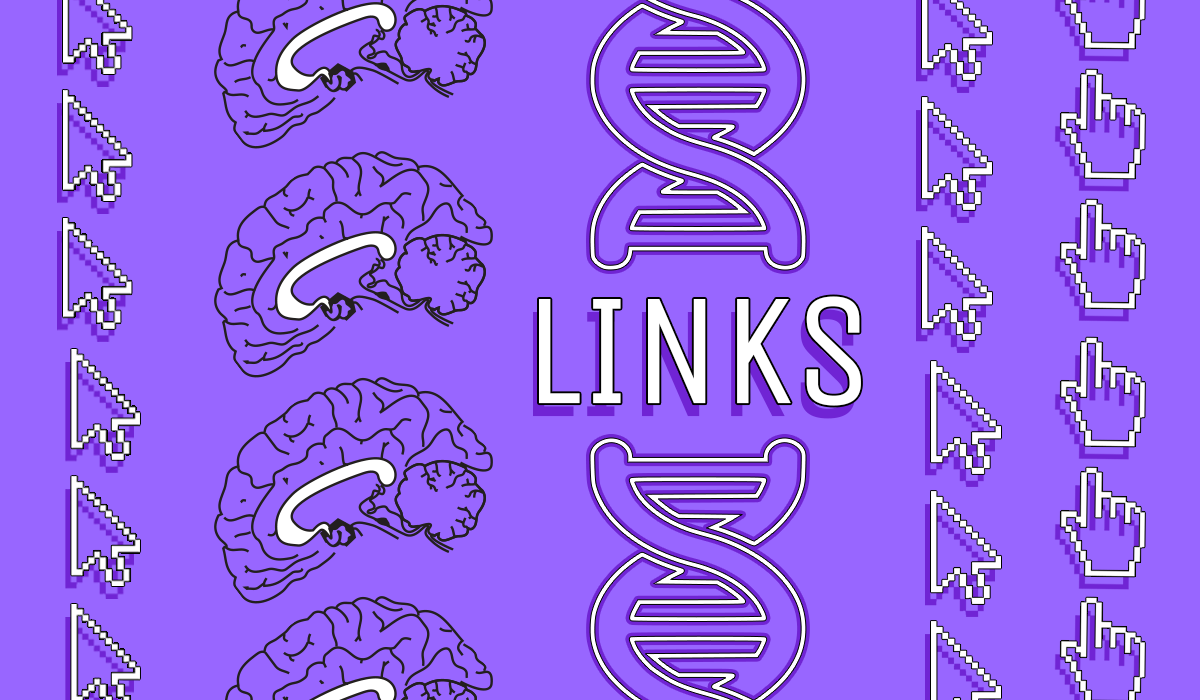LINKS - May 18th, 2022
Welcome to LINKS — my attempt to provide Rhapsody readers with five interesting stories that tell us something about what it means to be human. LINKS is published every Wednesday. Have a link you want to share? Drop it in the comments.
The grand plan to create a periodic table of all animal intelligence
“Animal minds are extraordinarily diverse, but a new attempt to categorise them aims to reveal the distinct nature of intelligence in everything from dolphins to bees – and even us.”
Biological Science Rejects the Sex Binary, and That’s Good for Humanity
“Science points to a more accurate and hopeful way to understand the biology of sex. By recognizing the true diversity of the human experience, humanity can embrace an expansive and multifaceted way of envisioning and experiencing human nature. This evidence-based outlook is not only far more interesting than the simplistic and incorrect “tallywhacker versus no tallywhacker” perspective, but also more conducive to respect and flourishing.”
12 Questions to Test Your Level of Self-Connection
By Arash Emamzadeh, Psychology Today
A new concept called self-connection may be central to one's happiness, life satisfaction, and well-being. Self-connection has three components: self-awareness, self-acceptance, and self-alignment. Anyone can test their level of self-connection using a recently developed and validated scale.
Mental illness and violence: Debunking myths, addressing realities
By Tori DeAngelis, American Psychological Association
“A growing body of research is helping to tease apart why some people with serious mental illness are prone to violence while others are not, and how clinicians and others can help through improved treatment and informed myth-busting.”
How to do philosophy with Moby Dick
By Dean Moyar, Institute of Art and Ideas
“Herman Melville’s philosophical aspirations in Moby-Dick have long been recognized. Melville offers a deep critique of Christianity, and makes very clear the need for a framework to replace the authority of religious conscience and providence. Melville seems poised to advocate a philosophical solution, yet many of his sketches of philosophy make it seem like the quest for ultimate knowledge is itself part of the problem rather than any kind of answer to our crises. Philosopher Dean Moyar explores why Moby-Dick, despite its scepticism, can still provide a way forward for philosophy.”




